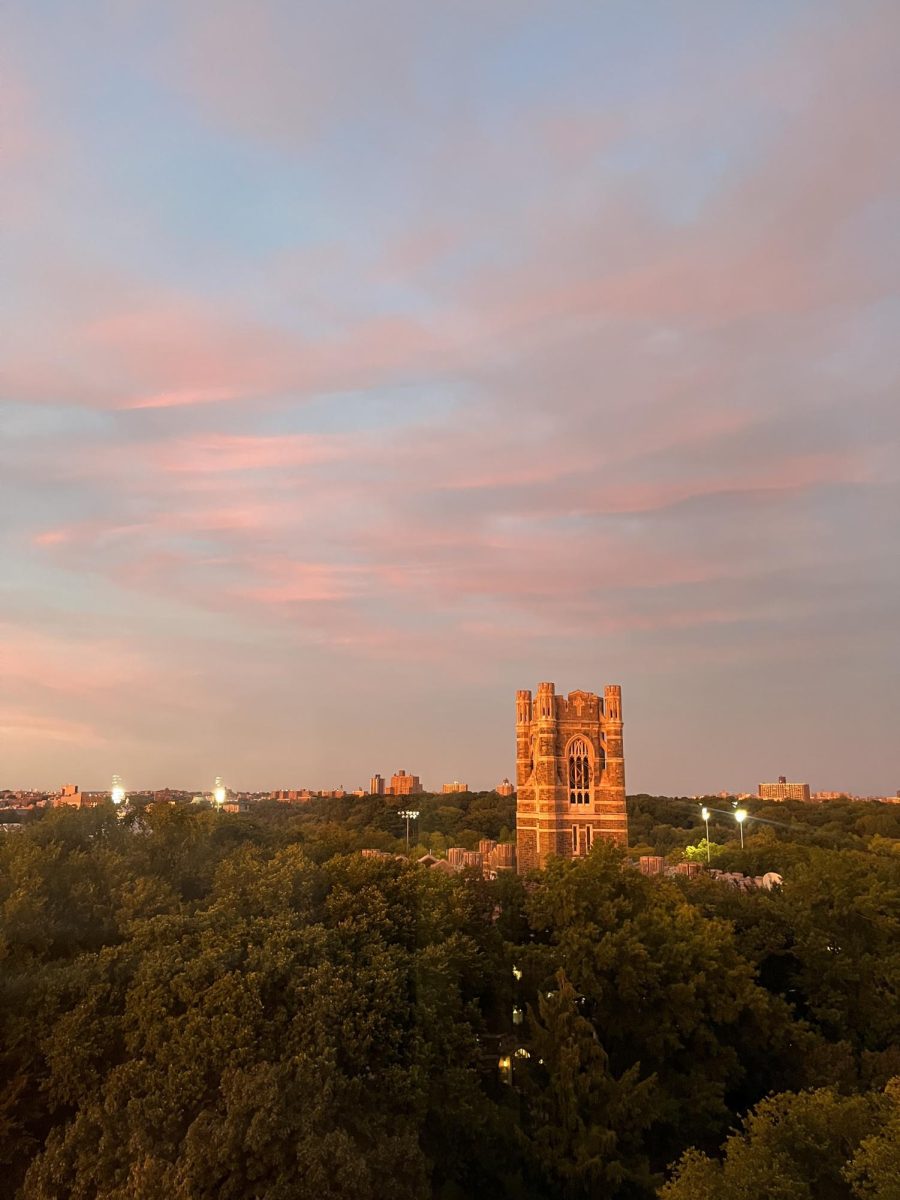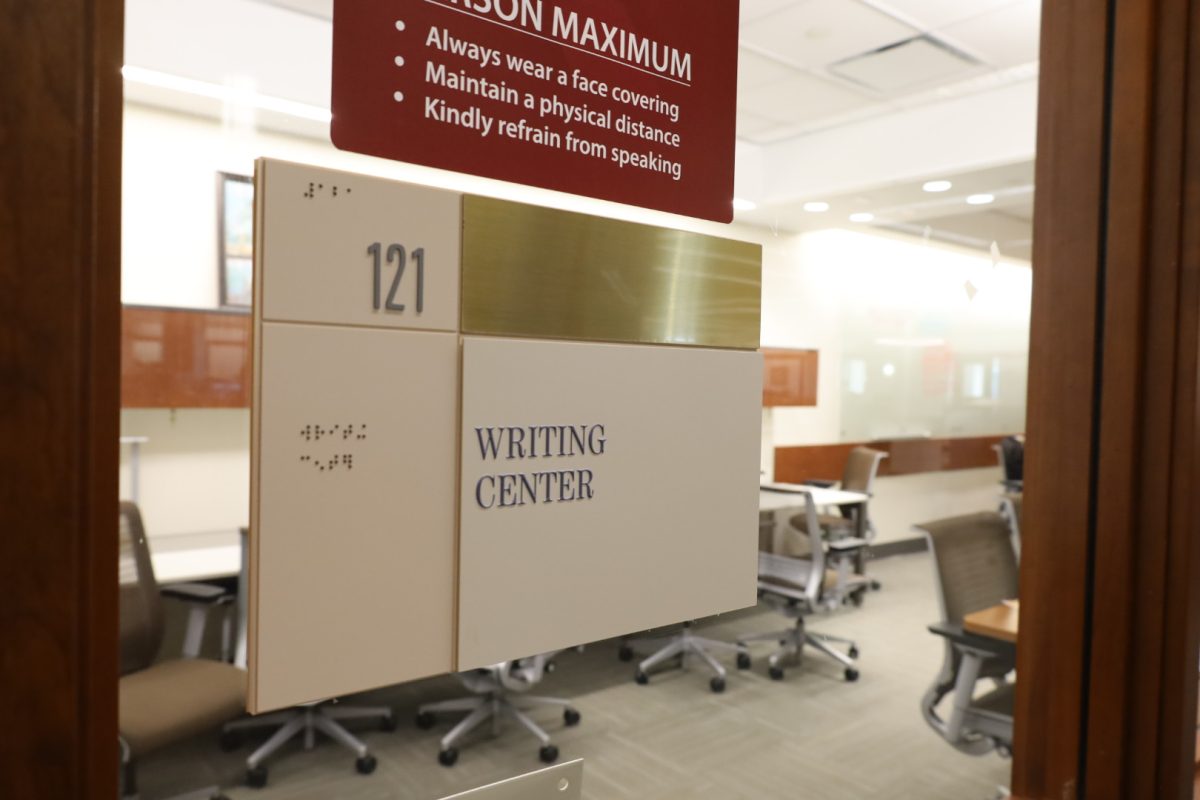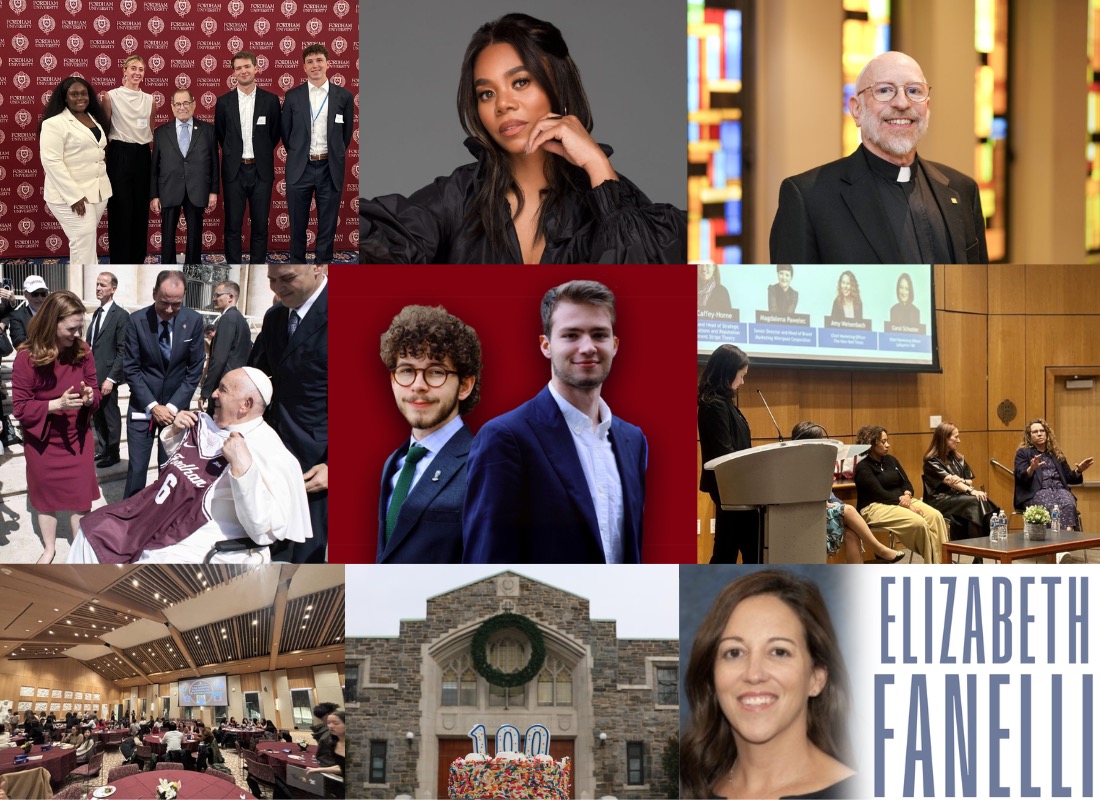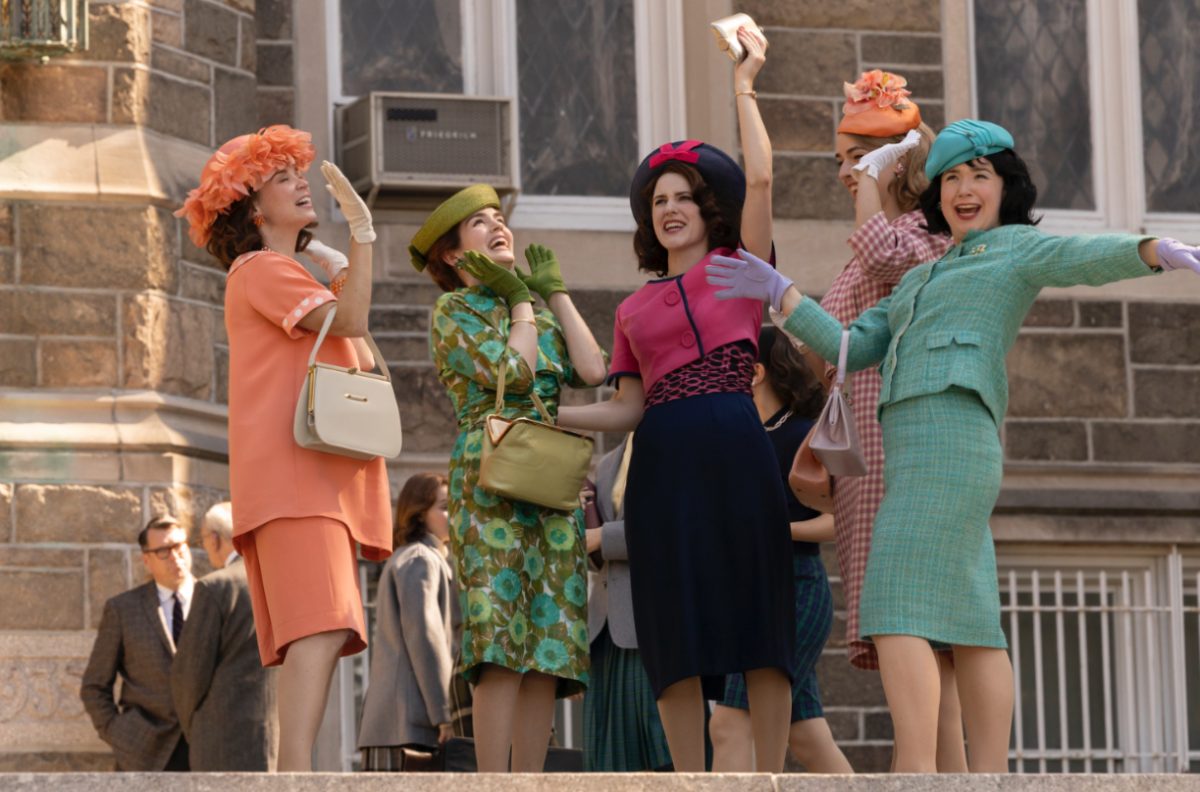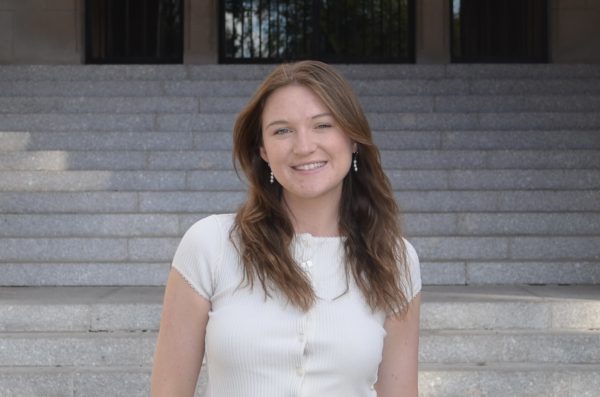Before coming to Fordham University, I had little idea what Jesuit universities were. My conservative friends said Jesuits were all left-leaning, and my Catholic friends seemed to like St. Ignatius of Loyola. Everyone else was mostly confused about why I was going to college in New York City when I had claimed to hate cities.
After three years at Fordham University, I think I am fairly apt at describing what a Jesuit education entails. It is an education rooted in caring for the whole person. It emphasizes “magis,” meaning “be more.” This life of going beyond informs the Jesuits’ focus on the service of our neighbors. A Jesuit education should be oriented towards finding God in all things. These qualities fuel not just our education as Fordham students, but also our friendships and daily lives.
All of this preaching is great, but it only matters when the rubber meets the road. After three years, I believe that an authentic Jesuit education is fundamental in a world like ours. If more people were authentically Jesuit-educated, we would live in a more ordered society. The keyword there is “authentic.” Our mission fails if we don’t live it boldly.
President Tania Tetlow’s email message for the Feast of St. Ignatius of Loyola spoke about listening. She wrote of a call to “deep openness … [an] eagerness to learn, with curiosity and delight.” This inquisitive theme is fundamental to our experience as authentic Jesuit university students.
This enthusiasm for knowledge and wisdom stretches forth from our classrooms into all our experiences. We learn from our friends as they share the joys and sorrows of their day in a cozy Martyrs’ Court dorm. Our delight in beauty grows as we look up at the winding elms surrounding Edwards Parade. We seek wisdom in small and large places, from our course books to the seemingly never-ending line at Super Best Deli. Our entire life can be a school of love, and the Jesuit appreciation for listening allows us to cultivate that sensibility.
Curiosity and delight fuel authenticity. Classroom conversations are remarkable testaments to the authenticity of Fordham students. I witness that extend outwards into serious conversations about faith on the Metro North, pro-life and pro-choice students conversing honestly and openly at a tabling event and Global Outreach attendees coming home to share the deep joys and sorrows of their experiences. A Jesuit education is not superficial. Instead, it is a deep encounter with the good in every area of one’s life.
This boldness towards openness seems paradoxical in our society. People scream their opinions behind a screen on social media. People all over this country (and world) seem bitterly divided on not just economic theories, but deep social issues. However, these Jesuit themes find their harmony in the fact that listening isn’t for listening’s sake. Instead, seeing the faces of others removes our own mask of indifference.
A Jesuit education unmasks the heart. Students can be bold and different, but still laugh in the hallways together after class. Fordham makes this possible through its faculty, who can lead through inspiration, and the students it recruits, who are authentic and value-oriented. It’s represented in the finer details of our education, like our small class sizes and well-rounded core curriculum. A Jesuit education promotes the centuries-old belief, “be who God meant you to be, and you will set the world on fire.”
An institution like The Fordham Ram is a hallmark of my own Jesuit educational experience. Writing articles encourages me to be reflective on my experiences in and out of the classroom. Editing articles that I don’t always agree with encourages the practice of listening and discernment. Collaborating with a diverse group of students on The Ram allows me to foster friendships with people I may not have encountered otherwise. Who can’t be friends when it is 11 p.m. on a Tuesday and you’re laughing over a third-read eating four-hour-old Pugsley’s margherita pizza?
Appreciating your Fordham education may look like writing your first byline in our weekly newspaper, or coming to copy night on Monday evenings. Even if it is regrettably not with The Ram, take advantage of the countless opportunities on and off campus to become “men and women for others.”






































































































































































































